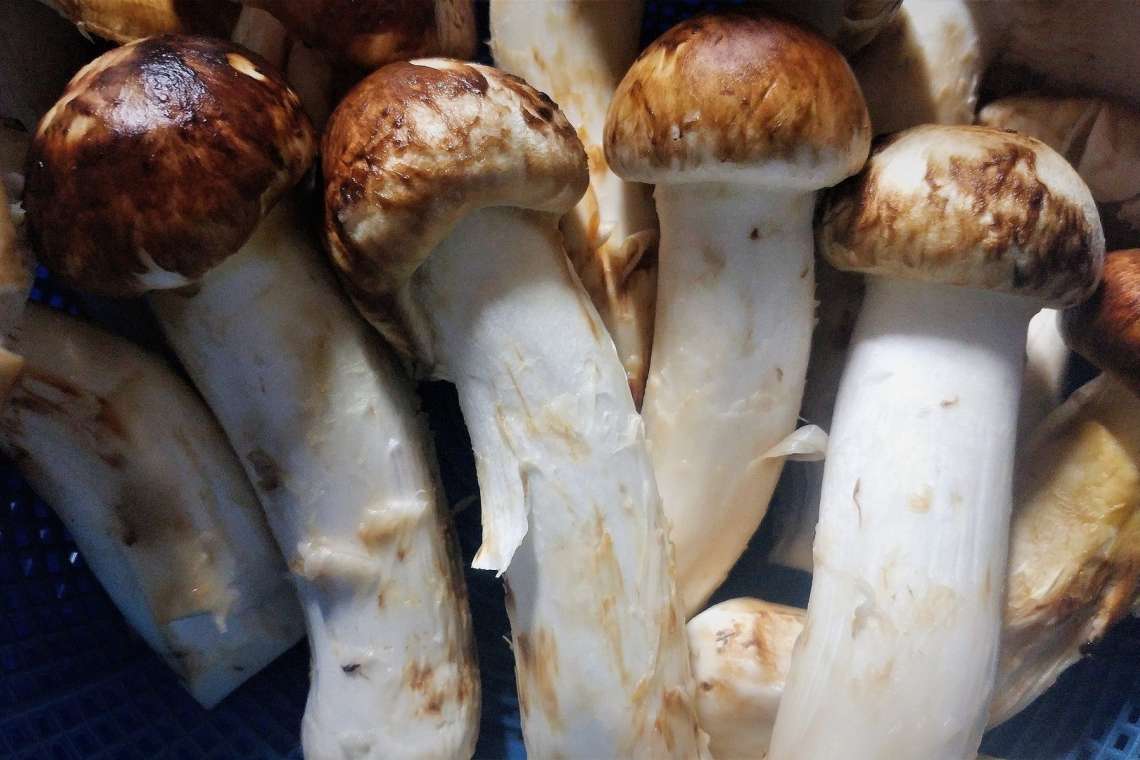
These companions lead us into fungal ecologies and forest histories to better understand the promise of cohabitation in a time of massive human devastation. Anna Lowenhaupt Tsing’s account of these sought-after fungi offers insights into areas far beyond just mushrooms and addresses a crucial question: What manages to live in the ruins we have made? The Mushroom at the End of the World explores the unexpected corners of matsutake commerce, where we encounter Japanese gourmets, capitalist traders, Hmong jungle fighters, Finnish nature guides, and more. They also encourage others to expand the diverse economy in ways that could increase social equity.Matsutake is the most valuable mushroom in the world-and a weed that grows in human-disturbed forests across the Northern Hemisphere. In part, they define “capitalism” in narrow and specific terms – as wage labour, where owners profit from the surplus labour of workers – in order to reveal an existing diverse economy. Likewise, the claim that the United States is capitalist is generally true but fails to recognize a vast wealth of activities that are not fully explained by capitalist rationales.

Inspired by Eve Sedgwick’s scholarship, this is what they refer to as “queering the economy,” by which they mean uncovering the many aspects of social worlds that diverge from dominant and dominating expectations.2 To make another analogy, Gibson-Graham say that we can argue that the United States is a predominantly Christian nation, but this notion obscures a great wealth of actually existing beliefs and religions. Gibson-Graham, the pen name of cultural geographers Julie Graham and Katherine Gibson.1 Briefly, Gibson- Graham query assumptions about the total dominance of capitalism, what they call “capitalocentrism.” As feminist economic geographers, they explore the existence of realms of social life and work that go on outside of – but of course, always in relationship to – capitalist logics, from unpaid housework and volunteerism to other community-focused activities that sustain societies, arguing that these diverse forms of work fall outside of capitalist relations of exchange. The concept of “queering the economy” comes from J.K.


I argue that one way to start rethinking subsistence is to “queer” our notions of it, which includes understanding subsistence not as separate from but as linked to a larger economy.


 0 kommentar(er)
0 kommentar(er)
